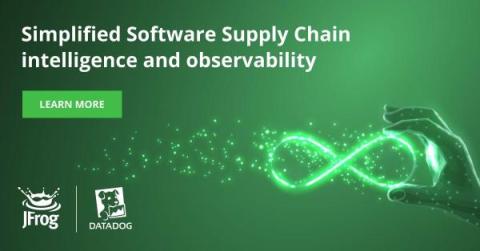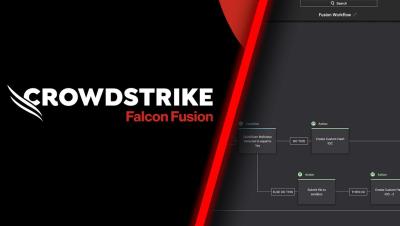Take a SIP: A Refreshing Look at Subject Interface Packages
As defenders, we need to keep pace with all kinds of different aspects of the attack surface. For Windows, the attack surface seems to just continue beyond our grasp every way we look, especially when we start to dig into trust and the registry. As previously outlined in the Splunk Threat Research Team’s blog, "From Registry With Love: Malware Registry Abuses," the vast methods used by adversaries to persist and abuse the Windows registry goes deep.











